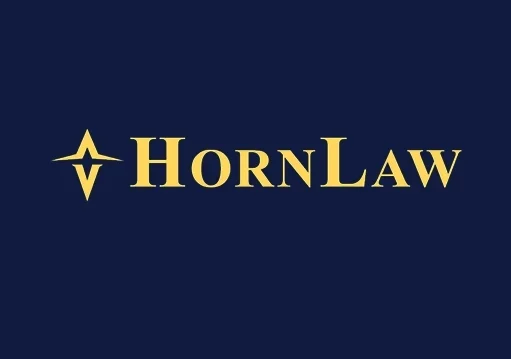I concentrate my law practice in representing individuals who have suffered a head, neck, and other serious injury in motor vehicle collisions caused by reckless drivers. A significant number of my cases involve head trauma resulting in a diagnosed concussion.
My responsibility is to obtain a fair, full, and maximum legal recovery. Here are some important things I think about in every concussion cases.
Concussion Diagnosis
Concussions are commonly classified based upon symptoms experienced by the concussed person. The common symptoms associated with a concussion can include headache, dizziness, nausea, loss of memory or concentration, and vision, speech, or balance changes.
The symptoms associated with a mild concussion usually resolve in several weeks. With moderate concussions, the concussed person may improve, but continue to have persistent symptoms.
With moderate and more severe concussions, the initial concussion diagnosis likely will be downgraded to post-concussion syndrome. These are the cases where it is likely that the concussed person will have longer-range issues that will have to be managed.
Concussion Evaluation
Right from the start, when I am first alerted to new cases involving a head trauma, one of my first priorities is to identify the physical, cognitive, and psychological symptoms my client is dealing with. I have my client (if they are able) or their spouse/significant other/family member chart their symptoms on a on a specially designed Head Injury Symptom Checklist.
I do this so that my client can accurately report all of their symptoms to the doctor. If I don’t work with my client on identifying the symptoms they are experiencing, it is likely that certain symptoms will be left out of the medical record because they were not reported to the physician.
Concussion Care Specialists
Compared pared to 5 years ago, my clients who have been diagnosed with a concussion are making better, faster medical recoveries. A primary reason for that is that there have been significant advancements in concussion care, including the option of seeing a concussion care specialist.
Concussion care specialists are primary care doctors who specialize in evaluating and treating those who exhibit signs of concussion. These doctors are equipped to not only diagnose the nature and extent of the concussion, but are also able to offer special therapies and rehabilitation that will advance the medical recovery.
Once my client is under the care of a concussion specialist, I have confidence that my client will not only be receiving the appropriate medical recommendations, but that client will receive instruction on they can best manage the longer-range consequences on their own.
Concussion and Loss in Quality of Life
Beyond the medical evidence, the most important damages my concussed client has suffered relate to the past, present, and continuing loss in quality of life.
In order to prove that my client has a significant loss in quality of life, I put forth how the concussion impacted my client’s work, household, personal, and family responsibilities.
This type of evidence is much more persuasive than evidence revolving around their loss of enjoyment of life.




